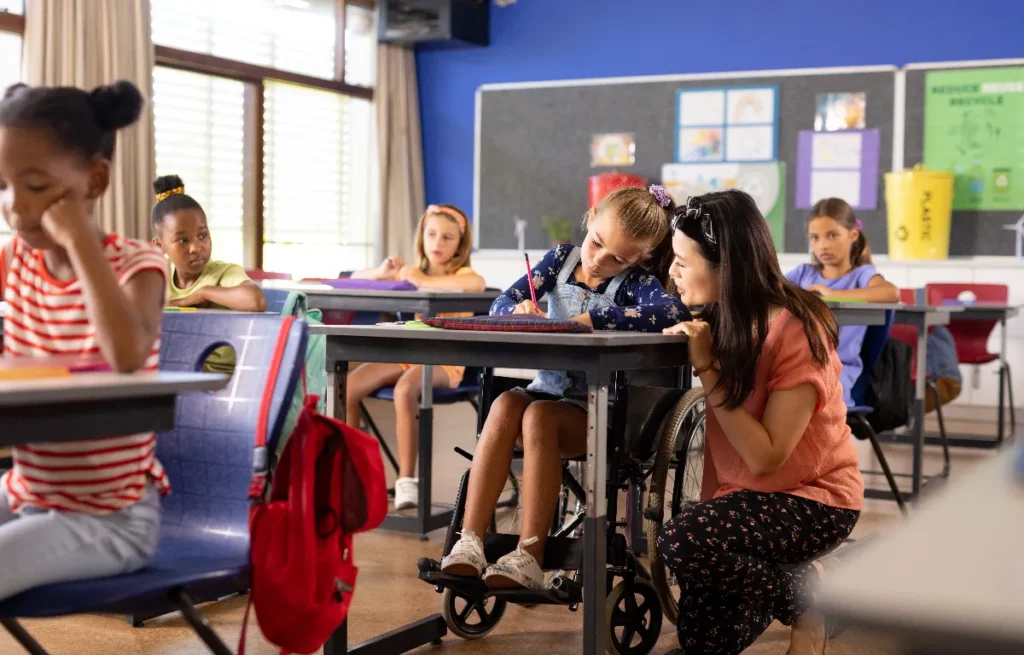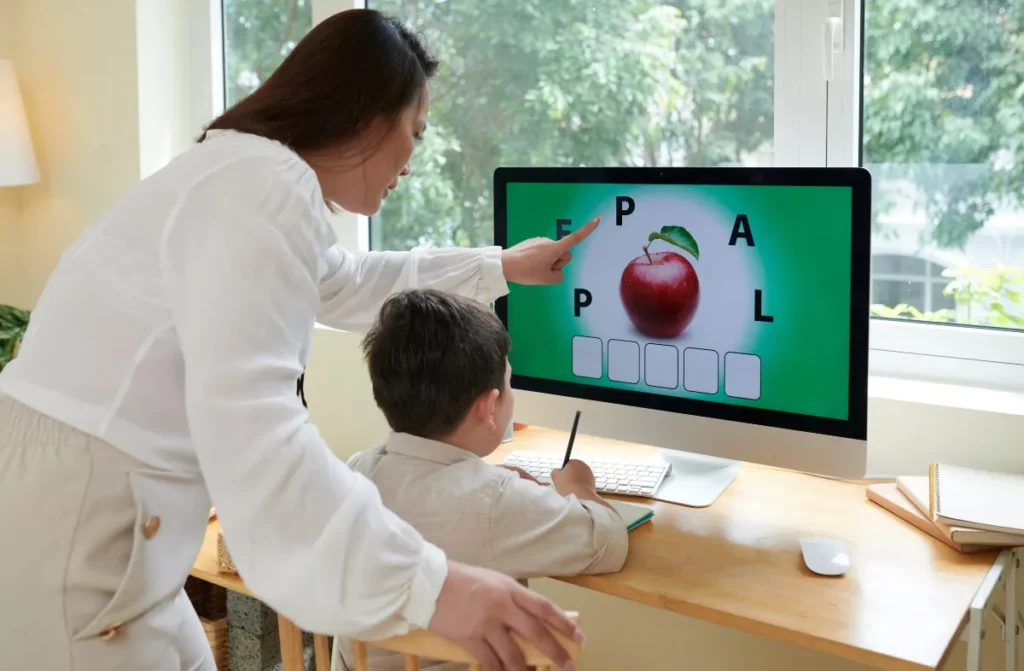Understanding Key Differences Between IEP and 504 Plans: For Parents and Educators

Navigating the educational landscape for children with learning disabilities can often feel overwhelming for parents and educators alike. Understanding the key differences between an Individualized Education Program (IEP) and a 504 Plan is crucial in securing the appropriate support and resources for a child’s unique needs.
What Happens to Special Education if the Department of Education is Abolished?

As discussions about the potential abolition of the U.S. Department of Education circulate, many parents, educators, and policymakers ponder the future of special education and IEPs. This critical juncture invites us to explore the implications for special needs education and the educational rights of our children.
Mastering the Art of Effective IEP Goals: A Parent’s Guide to Child Success

Mastering the art of crafting effective IEP (Individualized Education Program) goals is pivotal for parents eager to see their children with learning challenges thrive in their educational journey. These goals, designed to be specific, measurable, achievable, relevant, and time-bound (SMART), are essential in setting the foundation for your child’s academic success and personal growth.
Navigating the IEP Meeting: Empowering Tips for Arizona Parents

Navigating the Individualized Education Program (IEP) meeting can be a significant milestone for Arizona parents advocating for their child’s special educational needs. This crucial gathering offers a platform to discuss educational goals tailored to support and enhance your child’s learning journey. By effectively preparing for this meeting, with a strong IEP meeting checklist and a clear understanding of your child’s strengths and challenges, you can ensure a productive and empowering experience.
Mental Health Support for Children: Building Confidence and Resilience

In today’s fast-paced world, providing mental health support for children, especially those with learning disabilities, is more crucial than ever. Building resilience in young minds enhances their ability to cope with daily challenges and strengthens their confidence and self-esteem.
From Challenges to Triumphs: Building a Supportive Atmosphere for Children with ADHD and Anxiety

Creating a supportive atmosphere for children with ADHD and anxiety is essential in helping them navigate the educational landscape with confidence and success. Educators and caregivers can implement effective strategies that foster an inclusive education environment by understanding these children’s unique challenges.
The Hidden Struggles: Why Kids with Learning Disabilities Often Battle Anxiety and Depression

Raising a child with learning disabilities can be tough and may sometimes lead to anxiety and depression for these kids. It’s very important for parents to understand the emotional issues that come with these challenges and to give the emotional support needed to help.
Addressing Mental Health: How Special Education Supports Children with Disabilities and Behavioral Disorders

In today’s educational landscape, educators increasingly recognize the empowerment of mental health for children with disabilities and behavioral disorders as an essential component of special education. By leveraging tools such as Individualized Education Programs (IEPs) and the dedication of skilled school staff, special education services are uniquely positioned to provide meaningful mental health support tailored […]
Your Rights As a Parent of a Child With Special Education Needs: Know Them and Use Them!

As the parent of a child with special needs, you have certain rights that you may not be aware of. It is important to know what these rights are and to use them to advocate for your child.
10 Tips For Working Effectively With Your Child’s Teachers and School Administrators

Having an open and positive relationship with your child’s teachers and school administrators can help ensure your child’s success in school. If you have tried these and hit a wall with the school, then it is time to contact and hire Ballou Education as your special education advocate. Here are 10 tips for working effectively with your child’s teachers and school administrators: